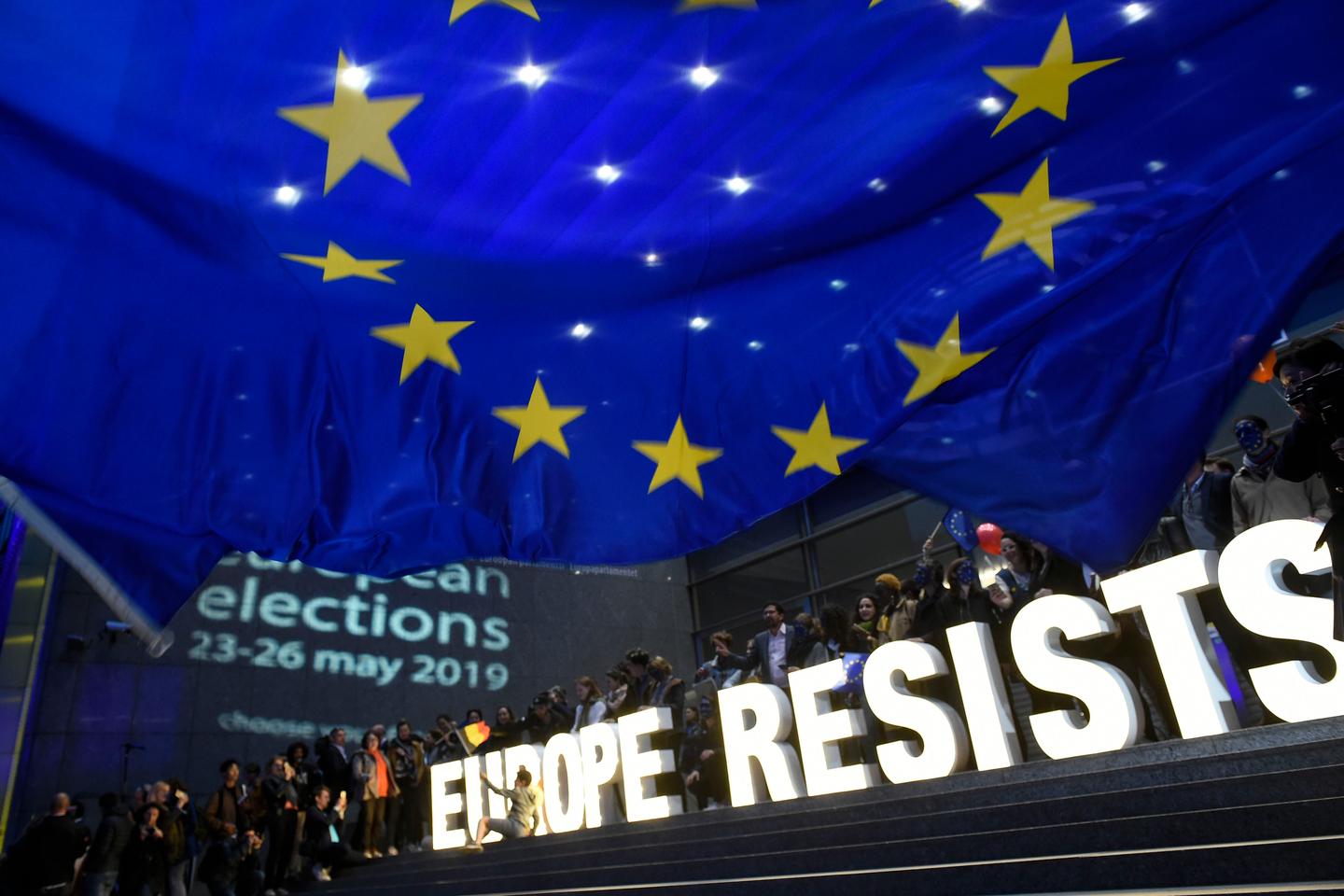


The Trump tornado has swept across the world, and while it hasn't yet hit Europe, it has already destabilized it. No one, not even President Emmanuel Macron, who used to champion the concept, has recently spoken of the rising "Europe puissance," which lately has given the impression of being paralyzed by the Republican's victory and his relentless exploits.
Institutional heads have been making a play for appeasement with Washington, at the risk of being seen as dismissive of companies and citizens worried by the situation. The highly transatlantic Commission President Ursula von der Leyen, who has been waiting for the White House to grant her a meeting, and Antonio Costa, the president of the European Council, have made a choice that is more diplomatic than political: that of going easy on Trump, in the hopes of securing his indulgence.
Little was heard from them when the US president declared he wanted to seize Greenland and turn Gaza into a "Rivieria of the Middle East," or when billionaire entrepreneur Elon Musk, head of Tesla and the social media platform X, invited himself into the German election campaign to support the far-right AfD party. By opting for discretion, "we run the risk of putting our own weakening on display," said French MEP Pascal Canfin, of Macron's party Renaissance.
For the time being, Trump has yet to make good on his campaign promises concerning Europe. In Brussels, people have been hoping to negotiate with him before he makes any decisions on the future of Ukraine or the funding of NATO and European security. As far as trade is concerned, von der Leyen's assurance that "Europe is ready" to respond "firmly" with trade duties if Washington imposes surcharges on its exports is far from the kind of rhetoric that asserts a balance of power.
"In Europe, there's a mixture of fascination and dread in the face of Trump," said Clément Beaune, a former French minister for European affairs. Yet the European Union (EU), with its 450 million consumers, solid industrial base and skilled workforce, has a strong case to make. In recent years, the world's second-largest economy has begun to assert itself, notably by investing in the defense industry. It has successfully confronted major crises, such as the Covid-19 pandemic and Russia's invasion of Ukraine.
You have 60.06% of this article left to read. The rest is for subscribers only.
